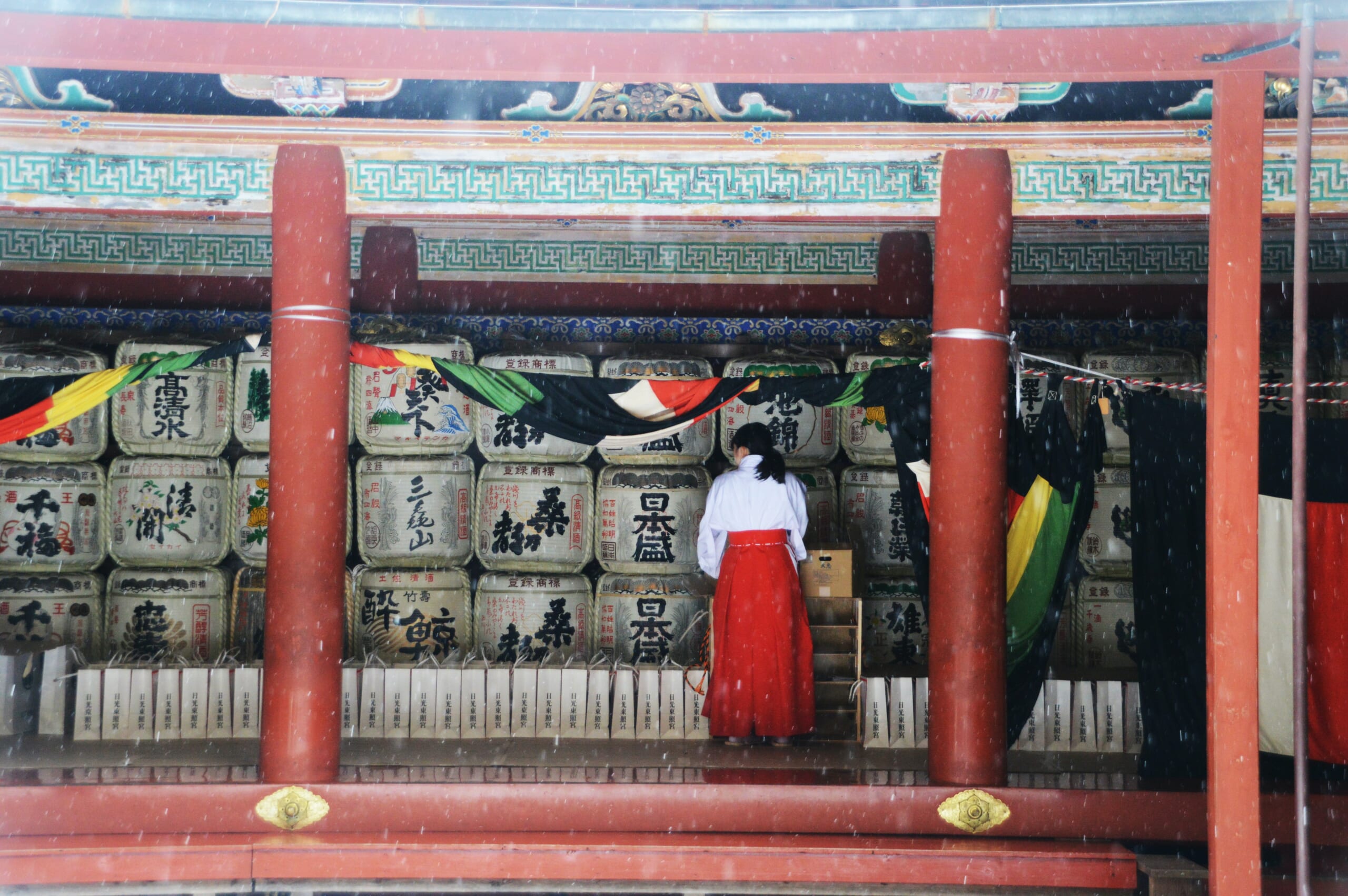Physical Address
304 North Cardinal St.
Dorchester Center, MA 02124
Physical Address
304 North Cardinal St.
Dorchester Center, MA 02124

“There are many people who believe that Shinto is not a religion.
After the Meiji Restoration, when the centralized state with the emperor at the center was established
At that time, Buddhism was considered corrupt.
At that time, the destruction of Buddhist statues and temples was widespread throughout the country, coupled with the popular belief that Buddhism was corrupt.
At the time, people believed that Buddhism was corrupt, and as a result, Buddhist statues and temples were destroyed all over the country. (Abolition of Buddhism)
Some temples remained as temples, some became shrines, and some were separated from temples.
Since the Constitution of the Empire of Japan clearly stated the freedom of religion, and since Britain and other countries requested that no preferential treatment be given to shrines, the view that Shinto is not a religion was adopted.
Shintoism is not a religion, because it is a custom and a custom that has existed since ancient times in Japan.
For example, before eating rice, we say “Itadakimasu” in Japan, which is a religious expression of gratitude for the life of the ingredients, based on the idea that God and people eat together. However, “Itadakimasu” is almost a formality, and even if there is gratitude to the gods, it can hardly be called religious.